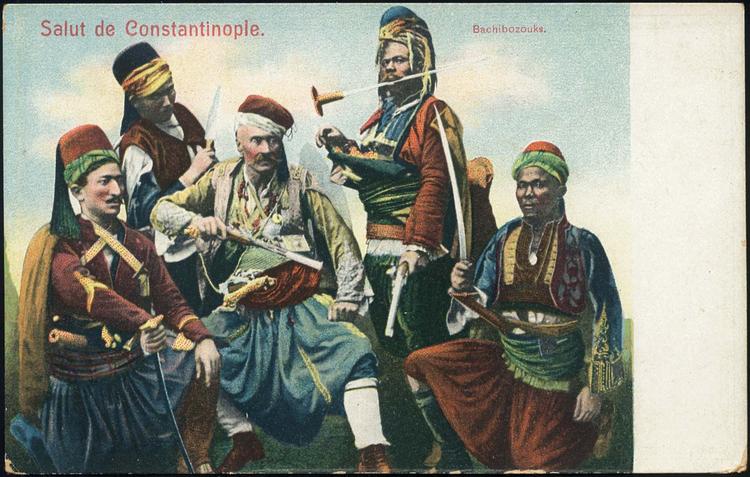In February Sofia witnessed massive street protests against the government, initiated by expensive heating bills. The center-right-populist GERB government quickly resigned and called new elections. These elections were carried out on 12th of May. GERB got the largest vote, but was unable to form a government, thus a technocrat government was elected, dominated by BSP (socialist) and DPS (representing the Turkish minority).
When the infamous media mogul (think a teenage Robert Murdoch) Delyan Peevski, with an impressive and well known CV of murky business was appointed head of the State Agency for National Security, Sofia's streets were again filled with protesters, asking for the government to resign. Last night (23/7 2013) protestors surrounded the parliament and prevented MP's from leaving, which lead to a night of tumultuous scenes, 2 injured policemen and 15 injured protesters.
Judging from the TV scenes, it seems that the police were far from controlling the situation, and that most of those hurt were innocent bystanders or doing non-violent resistance, for example sitting down in the way of vehicles. The number of injuries would have been way higher if the crowd had not showed an impressive self-restraint.

The protests had so far been massive, with tens of thousands of people attending, peaceful and innovative - with arty flash mobs, coffee drinking, bike- and marathon protests. They have called for the resignation of the government, amends in the election law and expressed a general disdain for the Bulgarian political class in general, and more specifically the socialists, seen as non-reformed communists, decidedly pro-Russian.
There has also been a strong emotional sentiment. I think many Bulgarians feel offended by the way the politicians did business-as-usual when appointing Peevski, at a time when Bulgarians expected a profound change for the better, and by the arrogant way the government has ignored the protest during the last month.
As a left leaning European it would be tempting to connect this eruption of popular discontent with the anti-austerity protests showing up from time to time in Spain, Greece, Portugal and Italy. (And maybe even Tunisia and Egypt...) That is hardly true. Economic grievances have not been on the agenda in these protests, and when it is it is actually pro-austerity resistance against the government's budget proposal.
On the contrary, a very vocal group among the protesters have been right wing libertarians. This has caused some bad blood and make someone like Petar Volgin, one of the very few public left wing voices in Bulgaria condemn the protests. But it is more than obvious that the belief in Ayn Rand's fairy tale world is not enough to drive so many Bulgarians into the streets for so many days. This is a people that is angry, not a right wing coup, as some people complain.
Less leaning commentators have connected the protests with those in Brazil and Turkey, and there is probably more to that theory. Just like in these countries, the protests in Bulgaria is dominated by young, well educated, middle class people in Sofia, even if they have a far wider support. They are people who live modern lives in states less modern, who have started to demand a state that is less corrupted and more reliable.
Another all too obvious comparison is with the colour revolutions in Ukraine, Georgia etc. during the 2000's. When I lived in Bulgaria in 2007 i told people about Moldova, and the Bulgarians asked me if Moldova hadn't yet had its colour revolution. Moldova did, and now the Bulgarians find themselves in the streets shouting "maffia!" at redressed communists who enjoy the spoils of private enterprise but are less sanguine about European values, or markets that actually work.
The track record of the colour revolutions is not very inspiring - neither Ukraine, Moldova or Georgia is much closer to Europe or a real democracy now than they were in 2005 or 2000. But it is probably also a miscalculation by Bulgarians to stress the similarities between Bulgarian socialists and Yanukovich in Ukraine. Bulgaria is an EU member, and Russia could never play the role in Bulgaria that it can play in Ukraine.
Moreover, the Bulgarian socialists may be throughout corrupted, but there is hard to see anything totalitarian about Bulgaria. Bulgaria is not facing a state that owns the oligarchs, as Russian dissidents do. They face a state that is owned by private business, which is more like a perverted version of west European politics.
Due to the violence yesterday the parliament is closed today, but tomorrow it will take up work again, and some sort of protests will most likely resume. Hopefully they will continue in the peaceful vein of the first 40 days.
Will they succeed? Yes. No. And yes. I am convinced the government will eventually resign, probably after preparing their comeback with hand outs like economical benefits to the part of the electorate that is rather distanced from the protests in Sofia, that will suffer most from the next right wing government, be it GERB or some of the other parties that are more popular among the protesters.
The political culture in Bulgaria will not be much different in 2015 from what it is now. If the oligarchic model is to be challenged, the economical interests of the oligarch's must be hurt, and to do that would take a more vigilant grass root political environment, running their own parties, their own media. It will take time, but the protesters have so far shown a lot of persistence.
So yes... After these protests, Bulgaria will not be the same, even if the politicians are. Whatever happens after the resignation of the government, many of those that are currently in the streets will feel that there are more steps to be taken. Petar Volgin has lamented the lack of an intellectual left in Bulgaria, but it might just be the birth of it that we are witnessing now. In the streets people come together in a decidedly un-libertarian act of political action. They are fighting for their society, and when the first obstacle - the government, is overcome, they will continue to fight for it.





